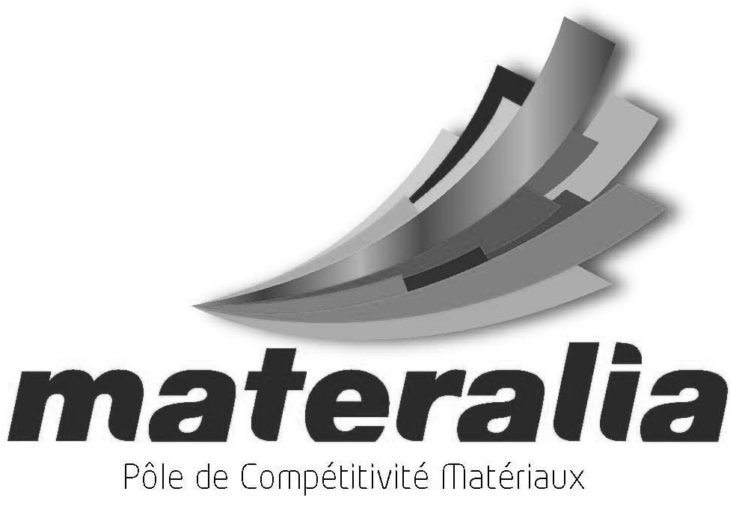Why is the manager a potential actor within a company ?
A precious assert of the compagny
Among the major managerial challenges identified by VISCONTI, the lack of availability is undoubtedly the most apparent. At a time when technologies are trying to save us more and more time, we paradoxically feel that we have less and less of it.
For an executive, lack of time is high and problematic.
Indeed, and particularly in SMEs, most executives determine their commitment by being present and active on all fronts. As a result, they quickly find themselves overwhelmed by the number of tasks they have to perform or manage.
This leads to a lack of time, which is all the more worrisome since the manager is the one who should be given time to reflect on how to carry out a successful and sustainable strategy.
The executive’s time is therefore one of the fundamental mechanisms of the company’s success, and this is the first point to tackle in business coaching at VISCONTI.
Indeed, the first phase of coaching (“mastering”) allows the manager, through workshops and exhaustive tools, to take control of his company’s data, from marketing to human resources, as well as sales and financial affairs.
Reallocate 20% of your time to high-value added activities
During this phase, a particular focus is placed on the manager themselves to allow them to reallocate 20% of their time on activities with high added value.
To achieve this, all of the manager’s habits are analyzed through a detailed questionnaire. Then, a detailed audit of the manager’s agenda is carried out to find a balance between his daily requirements and good time management that VISCONTI breaks down into 11 principles.
Efficiently support the development of your compagny
The quantified constraint proposed by VISCONTI allows the manager to set a clear goal for his company and to then shape a detailed action plan to achieve it.
On average, out of ten leaders coached, two of them reach the 20% target, three reach 15% and five reach 10%. Managers, therefore, manage to reallocate at least half a day of their week and at most one day.
Here is a real example of a coached manager :

This achievable goal of 20% allows for real improvement in the management model of the manager, who can then refocus his activities on strategic questions, be available in a more balanced way and effectively support the development of his company.










